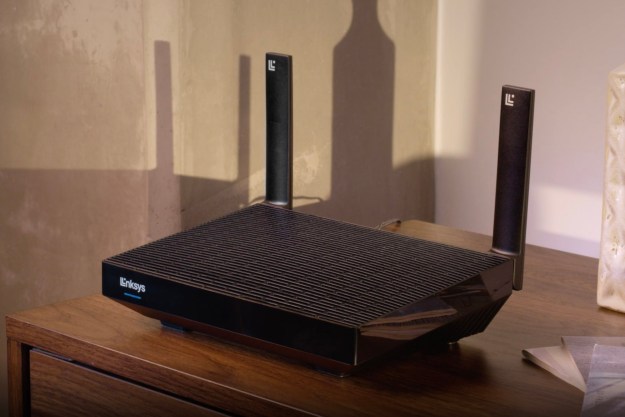
When your computer is hijacked by Petya, the entire drive isn’t encrypted. The actual area that’s encrypted and effectively renders your system useless until unlocked is a specific segment on the drive. The boot sectors hold information needed to fully operate and access all the data on your computer, and that’s what the malware locks down. When you enter the decryption code the Petya developers want you to purchase, the boot sector information is un-encrypted and everything is put back to normal.
But you don’t have to pay the ransom. If you’re comfortable removing your hard drive, attaching it to another Windows computer, and downloading and running free utilities created by two Twitter users, you can do it all yourself.
First, remove your encrypted hard drive and attach it as a non-boot drive to a second computer.
The data you need to find the Petya boot information is a 512-byte string starting at sector 55 (0x37h) with an offset of 0 and the 8 byte nonce from sector 54 (0x36) offset: 33 (0x21). Of course, finding that yourself won’t be easy. You’ll want a utility created by Fabian Wosar, whose Twitter handle is @fwosar. Download his Petya Sector Extractor utility, save the zip file to your desktop, extract the file, and the run PetyaExtractor.exe. This program searches the required sectors of your drive to find the proper string of data.
The next step is to go to either of two websites created by Twitter user @leostone. With your browser go here or here. When you open either of @leostone’s sites you’ll see a screen with two boxes for information generated by Fabian Wosar’s extractor utility. Use cut and paste to enter the data in the boxes on either of the websites. Click the Submit button and your decryption key will be generated. Write it down.
The last step involves re-attaching your original hard drive to the infected computer, and re-starting. When you see the Petya screen, enter the key you wrote down. It should be accepted, and your computer should immediately start decrypting. It soon will be as it was before you were infected.
Detailed instructions for the above process are available at BleepingComputer.com. If you find these steps daunting, your best bet will be to call local computer support firms, and find one familiar with this process.
This method of defeating Petya works for now. If the code is changed to subvert this rescue procedure, hopefully people like @leostone and Fabian Wosar can help again.
Editors' Recommendations
- You can finally purge your PC of default Windows apps
- Zoom’s new AI tools will let you ditch meetings for good
- AMD Ryzen Master has a bug that can let someone take full control of your PC
- Google’s new privacy tool lets you know if your personal info was leaked
- New malware can steal your credit card details — and it’s spreading fast




